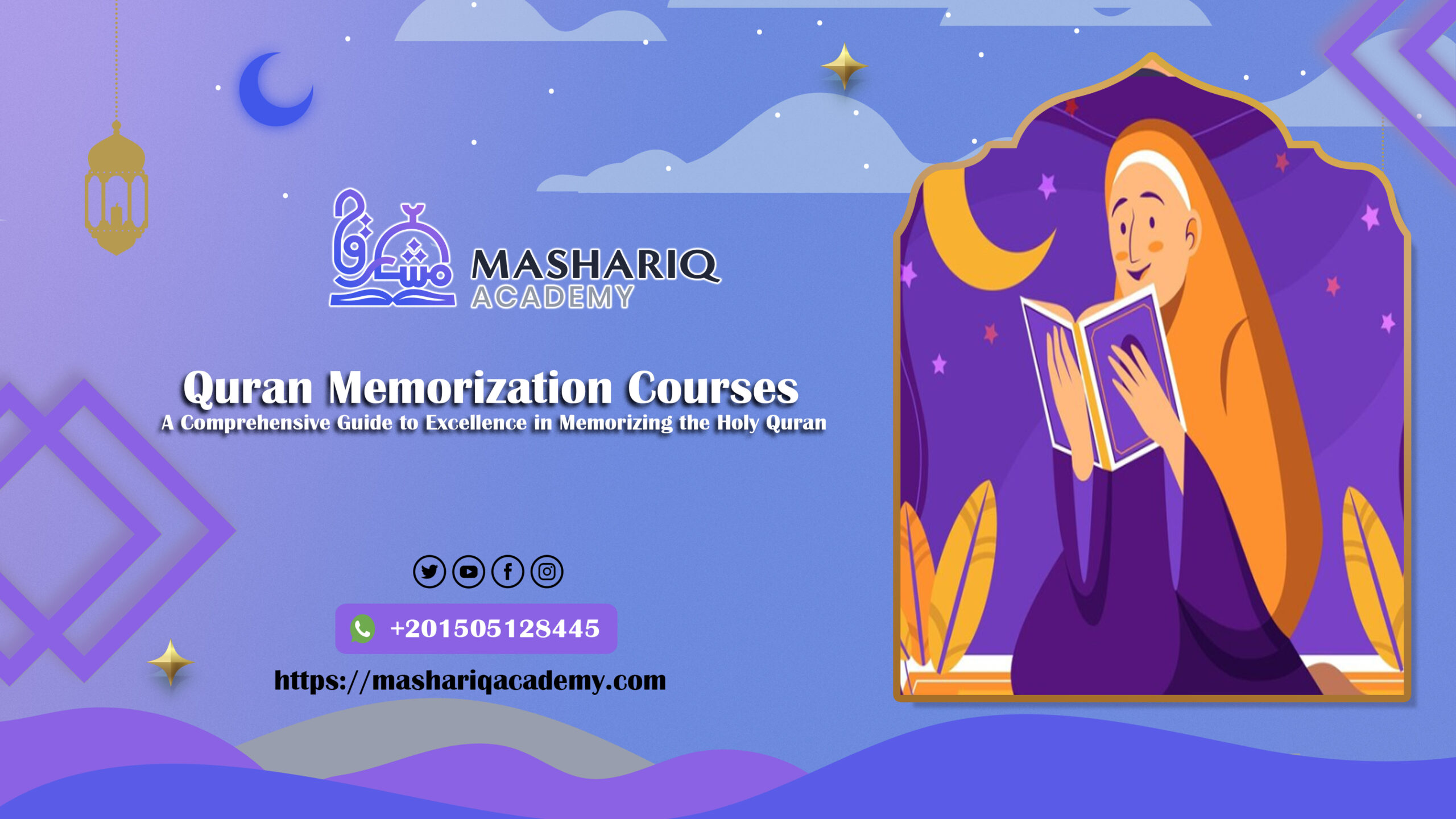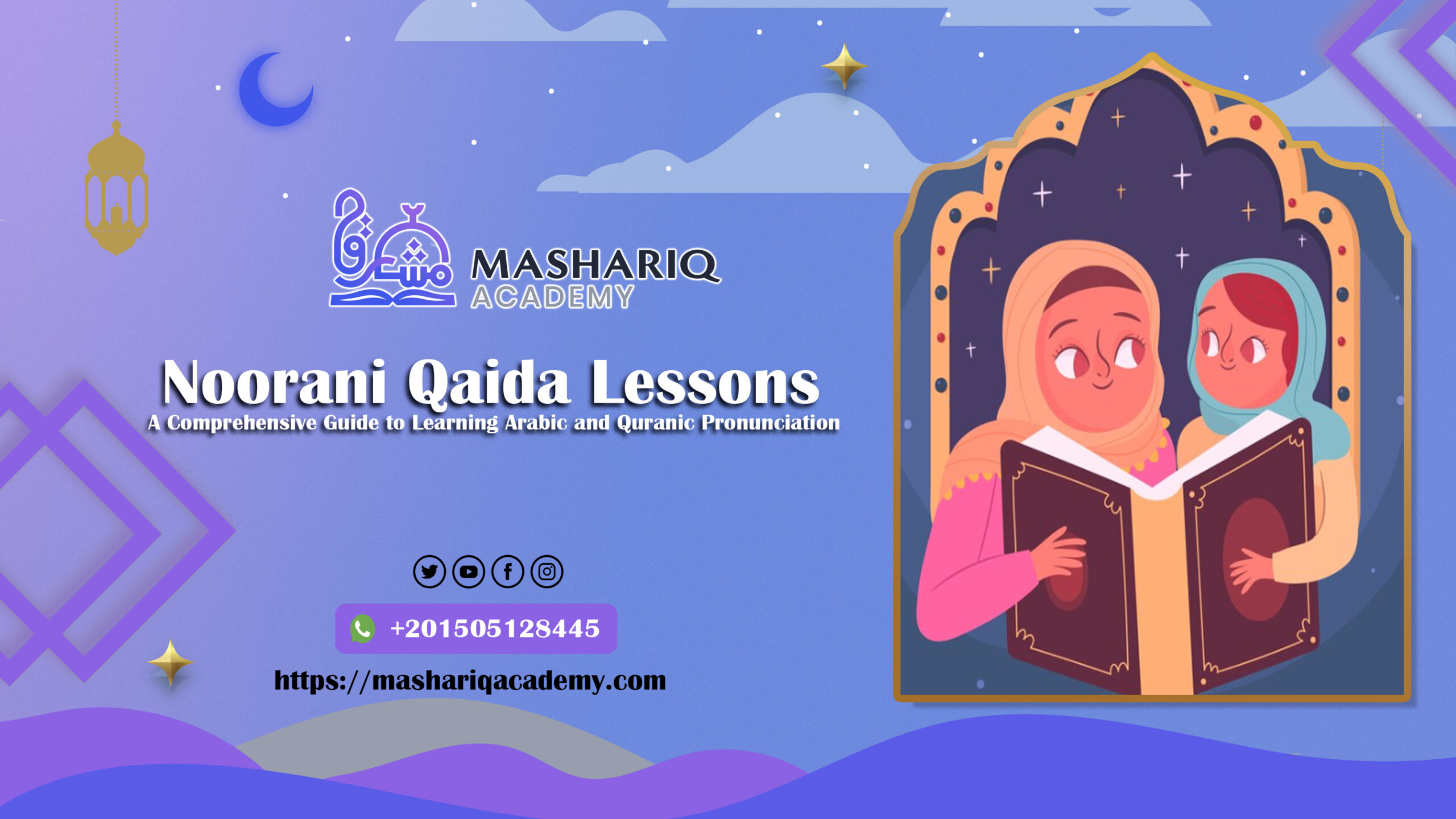
Islamic education for European Muslims has become an essential pillar for preserving Islamic identity while integrating into Western societies. As the Muslim population continues to grow in Europe, so does the need for structured educational frameworks that cater to their unique cultural and spiritual needs. This article delves into the importance, challenges, and opportunities surrounding Islamic education for European Muslims, providing insights into how it shapes the lives of millions.
The Significance of Islamic Education for European Muslims
Islamic education plays a vital role in fostering a deep connection with faith and ensuring that the younger generation understands the principles and values of Islam. For European Muslims, it is particularly significant, as it provides a sense of identity and belonging amidst diverse cultural landscapes. Through structured learning, children and adults alike gain knowledge about the Quran, Hadith, Fiqh, and Islamic history.
Islamic education for European Muslims goes beyond religious teachings; it instills moral values, promotes interfaith understanding, and equips individuals to navigate the challenges of living in multicultural societies. Institutions dedicated to Islamic education in Europe are becoming hubs for nurturing well-rounded personalities who contribute positively to their communities.
Challenges Facing Islamic Education in Europe
Despite its importance, Islamic education for European Muslims faces several challenges, including:
- Lack of Unified Curriculum: Different Islamic schools and centers often follow varying curriculums, leading to inconsistency in the level and quality of education provided.
- Language Barriers: European Muslims come from diverse linguistic backgrounds, making it difficult to find Islamic educational materials in native European languages.
- Limited Resources: Many Islamic educational institutions operate on limited funding, which affects their ability to hire qualified teachers and provide modern learning tools.
- Stereotypes and Misconceptions: The portrayal of Islam in some media outlets has led to misunderstandings about the purpose of Islamic education, creating additional hurdles for institutions to operate freely.
- Balancing Secular and Religious Education: Parents often struggle to balance their children’s secular education with Islamic learning, particularly in societies with strong secular values.
Opportunities in Islamic Education for European Muslims
While challenges exist, there are numerous opportunities to enhance Islamic education for European Muslims, including:
- Online Learning Platforms: The rise of digital technology has made Islamic education more accessible. Platforms such as online Quran classes and Islamic studies courses provide flexibility for learners across Europe.
- Interfaith Dialogues: By integrating Islamic education with programs that promote interfaith dialogue, Muslims can build bridges with other communities, fostering mutual respect and understanding.
- Government Support: Some European governments are beginning to recognize the importance of inclusive education, offering support to religious schools, including Islamic institutions.
- Bilingual Curriculum Development: Developing Islamic educational materials in both native European languages and Arabic ensures that children understand their faith while remaining connected to their linguistic and cultural roots.

Key Components of Islamic Education for European Muslims
- Quranic Studies: Learning the Quran, including recitation, memorization, and understanding its meanings, is the cornerstone of Islamic education.
- Seerah and Hadith Studies: Teaching the life of Prophet Muhammad (PBUH) and his sayings helps students learn practical applications of Islamic principles.
- Fiqh and Aqeedah: Understanding Islamic jurisprudence (Fiqh) and beliefs (Aqeedah) provides clarity on how to practice Islam in everyday life.
- Islamic History: Learning about the rich history of Islamic civilization inspires pride in one’s heritage and motivates students to contribute positively to society.
- Ethics and Morality: Islamic education emphasizes good character, honesty, and respect for others, fostering a sense of responsibility and integrity.
The Role of Parents in Islamic Education
Parents play a crucial role in ensuring the success of Islamic education for European Muslims. By creating a nurturing home environment, they can complement the teachings provided by schools and mosques. Practical ways parents can contribute include:
- Encouraging daily Quran recitation and reflection.
- Attending Islamic events and workshops as a family.
- Providing access to Islamic books and learning materials in native languages.
- Setting an example through practicing Islamic values in daily life.
Innovative Approaches to Islamic Education
To address the evolving needs of European Muslims, educators and institutions are adopting innovative methods, such as:
- Integrating Modern Pedagogies: Combining traditional Islamic teachings with contemporary educational techniques enhances engagement and understanding.
- Youth-Focused Programs: Creating youth-oriented programs that address real-life challenges, such as identity struggles and peer pressure, helps young Muslims connect with their faith.
- Cultural Sensitivity Training: Teachers are being trained to understand the cultural dynamics of European Muslim communities, ensuring that education remains relevant and impactful.
The Future of Islamic Education for European Muslims
The future of Islamic education for European Muslims looks promising as communities become more proactive in addressing their needs. Collaborative efforts between educators, parents, and community leaders are paving the way for a robust educational framework that upholds Islamic values while embracing European cultures.
Key trends shaping the future include:
- Increased Use of Technology: From virtual classrooms to AI-driven learning tools, technology will continue to revolutionize Islamic education.
- Focus on Female Education: Empowering Muslim women through education is becoming a priority, with more programs tailored to their needs.
- Global Networking: European Muslims are increasingly connecting with Islamic institutions worldwide, fostering the exchange of knowledge and resources.
Islamic education for European Muslims is more than just a religious obligation; it is a pathway to nurturing confident, morally upright individuals who contribute to society. Despite the challenges, the opportunities for growth and improvement are immense. By embracing innovative approaches, fostering community collaboration, and leveraging modern tools, the landscape of Islamic education in Europe can continue to flourish, ensuring that future generations remain connected to their faith while thriving in their respective environments.







